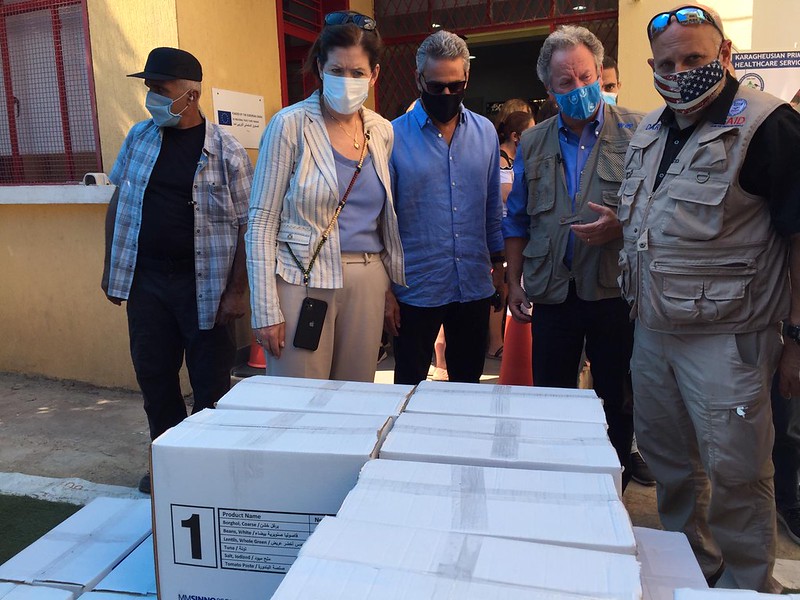
A United Nations General Assembly meeting took place on December 4, 2020. Its primary focus concerned the trajectory of the COVID-19 pandemic as precautionary measures continued and vaccines emerged. With 2020 nearly over, the resounding political, social and economic effects of the pandemic began to materialize. But all did not disappear despite the grim outlook. A handful of humanitarian organizations are busy strategizing solutions for 2021.
Closing 2020
The last few months of 2020 showed the world that the pandemic is just the beginning. The disease itself constitutes merely one of a myriad of societal problems that a pandemic can bring. COVID-19 has had an unpredictable ripple effect. PPE loans in the United States, damaged food supply chains in Africa and the closings of borders all over the world demonstrate the pandemic’s extent.
Earlier in December 2020, before the General Assembly meeting, the UN estimated that the pandemic, the resulting economic impact and the concurrent precautionary and protective measures that governments were taking had already caused a 40% rise in the number of people in need of humanitarian assistance. What may be the most evident incoming challenge is global famine. David Beasley, chief of the World Food Programme (WFP), warned that famines “of biblical proportions” are imminent for dozens of countries.
2021 Predictions
David Beasley spoke at length at the General Assembly meeting. His prediction for a catastrophe in 2021 made headlines and effectively set the tone for the entirety of the 193-nation conference. The upcoming COVID-19 vaccines constituted a positive note, though greater concerns regarding distribution overshadowed them. Speakers at the meeting warned against a stampede for vaccines that could result in wealthier countries crushing others in the race to eradicate COVID-19. While the pandemic is global, the UN fears that the fight against it may become individualistic and needlessly competitive.
The head of the World Health Organization (WHO), Tedros Adhanom Ghebreyesus, echoed fears of the COVID-19 vaccine competition. He called for $4.3 billion USD to go into a global vaccine-sharing program, saying “solutions must be shared equitably as global public goods.”
Solutions for 2021
Despite the dire circumstances, Beasley and his organization have the leverage to play a crucial role in manifesting solutions for 2021. The World Food Programme works as more than just an international food bank: it enjoys the global spotlight after winning the 2020 Nobel Peace Prize for “bettering conditions for peace in conflict-affected areas and for acting as a driving force to prevent the use of hunger as a weapon of war and conflict.”
The achievements that landed the World Food Programme this coveted prize also provided some positivity at the December conference. The General Assembly served as the WFP’s proverbial megaphone to world leaders. Thanks to the publicity surrounding the meeting, the WFP could grab the world’s attention.
As COVID-19 continues to rise and economies across the world take a resounding hit, humanitarian budgets stretching thin. Low- and middle-income countries particularly suffer. Beasley predicts that the WFP needs $15 billion in 2021 to address the global famine conditions that the pandemic has caused. Beasley says that the inability to meet leaders or address parliaments in person may hinder fundraising efforts. It will be difficult to sensitize those in charge of financial allocations.
Nonetheless, the World Food Programme and similar organizations are working tirelessly to raise money and create frameworks for solutions to the pandemic and its concurrent issues. Events as routine as a UN General Assembly meeting have provided the podia necessary for titans of humanitarian aid to make their causes known. With any luck, their solutions for 2021 will keep millions afloat.
– Stirling MacDougall
Photo: Flickr

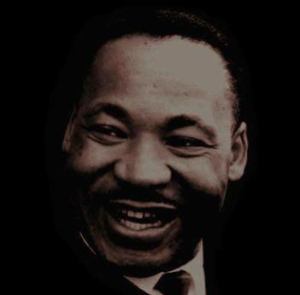 Martin Luther King Jr. was a significant voice during the American civil rights movement, where he fought for equal rights for all. Martin Luther King Jr.’s quotes on love are filled with humility, courage, compassion and kindness. King continues to inspire people today and will always be remembered for what he stood for.
Martin Luther King Jr. was a significant voice during the American civil rights movement, where he fought for equal rights for all. Martin Luther King Jr.’s quotes on love are filled with humility, courage, compassion and kindness. King continues to inspire people today and will always be remembered for what he stood for.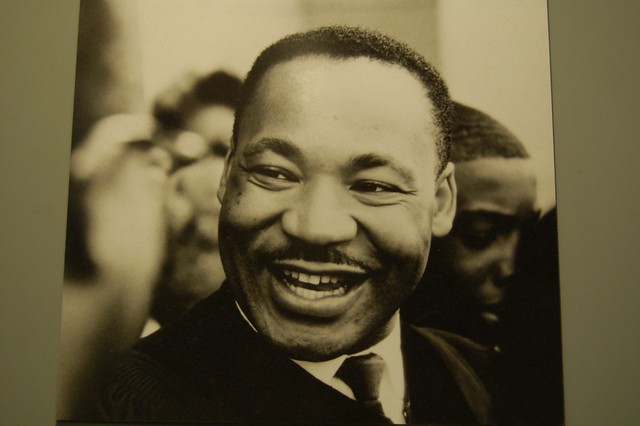 Martin Luther King Jr. is remembered for many things. He was the leader of the American Civil Rights movement, an advocate for nonviolence, an inspirational speaker and a Nobel Peace Prize winner. At home, he was also a husband and father to four children. His dedication to his family was deeply connected to his vision for the United States. In fact, Dr. King’s mission for peace and equality was greatly inspired by his desire to help future generations of children. He consistently used familial metaphors and symbols to illustrate his greater points. Here are the top Martin Luther King Jr. quotes on family.
Martin Luther King Jr. is remembered for many things. He was the leader of the American Civil Rights movement, an advocate for nonviolence, an inspirational speaker and a Nobel Peace Prize winner. At home, he was also a husband and father to four children. His dedication to his family was deeply connected to his vision for the United States. In fact, Dr. King’s mission for peace and equality was greatly inspired by his desire to help future generations of children. He consistently used familial metaphors and symbols to illustrate his greater points. Here are the top Martin Luther King Jr. quotes on family.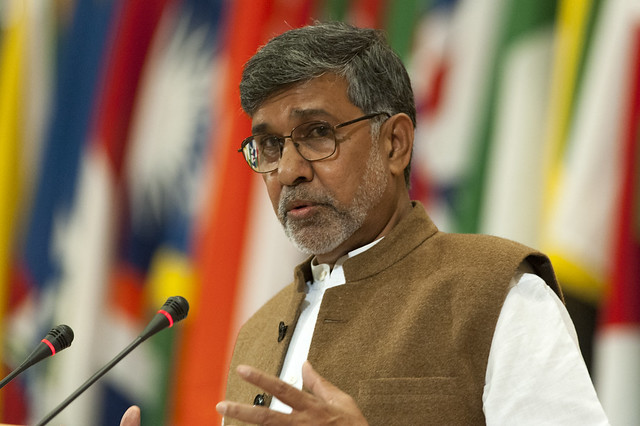 Kailash Satyarthi has devoted his life’s work to one goal: to end child slavery. In 1980, Satyarthi quit his job as a teacher and founded
Kailash Satyarthi has devoted his life’s work to one goal: to end child slavery. In 1980, Satyarthi quit his job as a teacher and founded 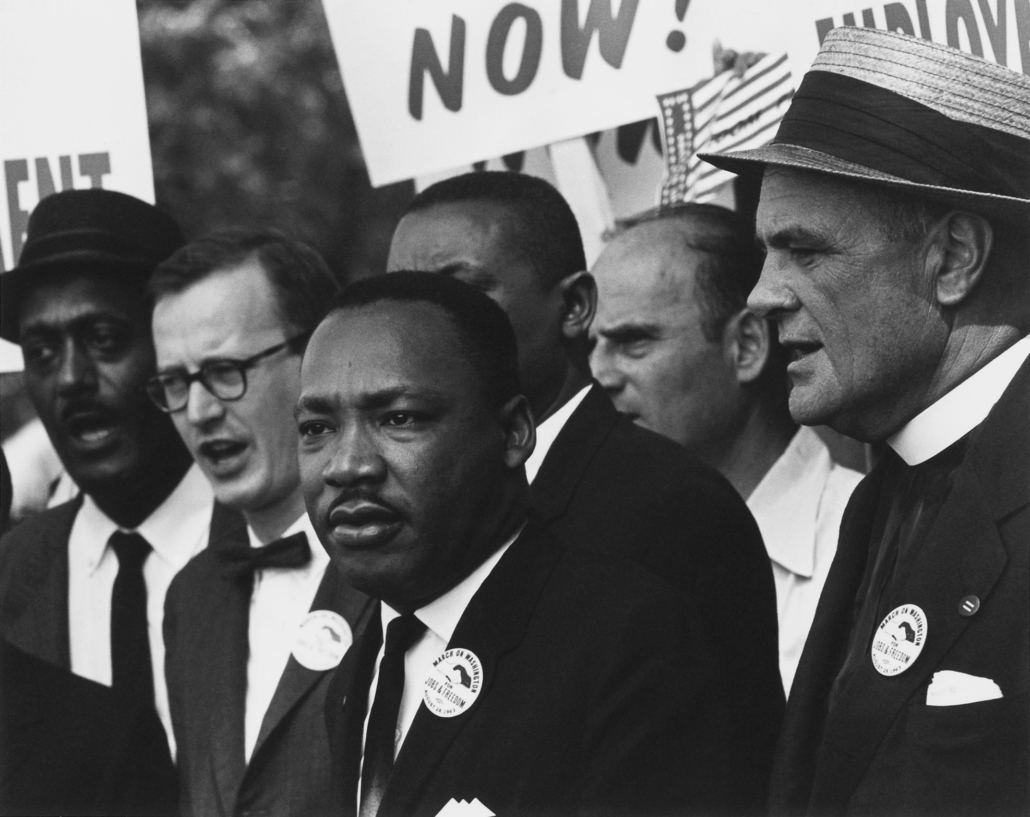
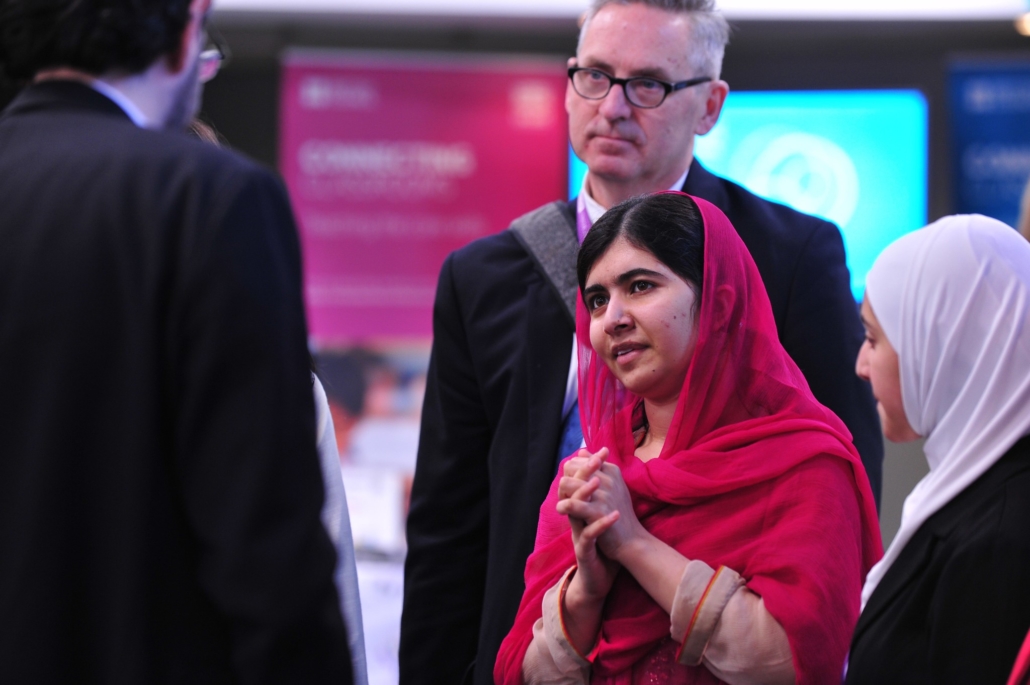
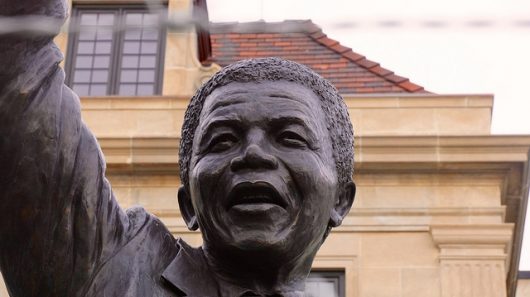
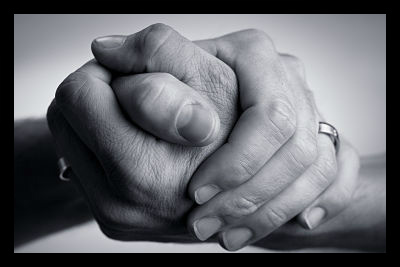
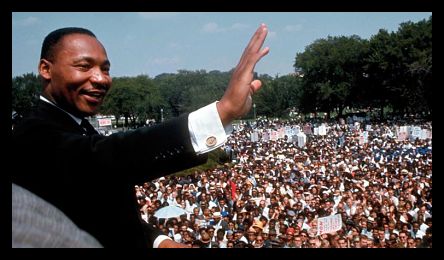
 Fighting for one’s own education in this world is an honorable feat that many aspire for but sadly do not accomplish. At the age of seventeen
Fighting for one’s own education in this world is an honorable feat that many aspire for but sadly do not accomplish. At the age of seventeen